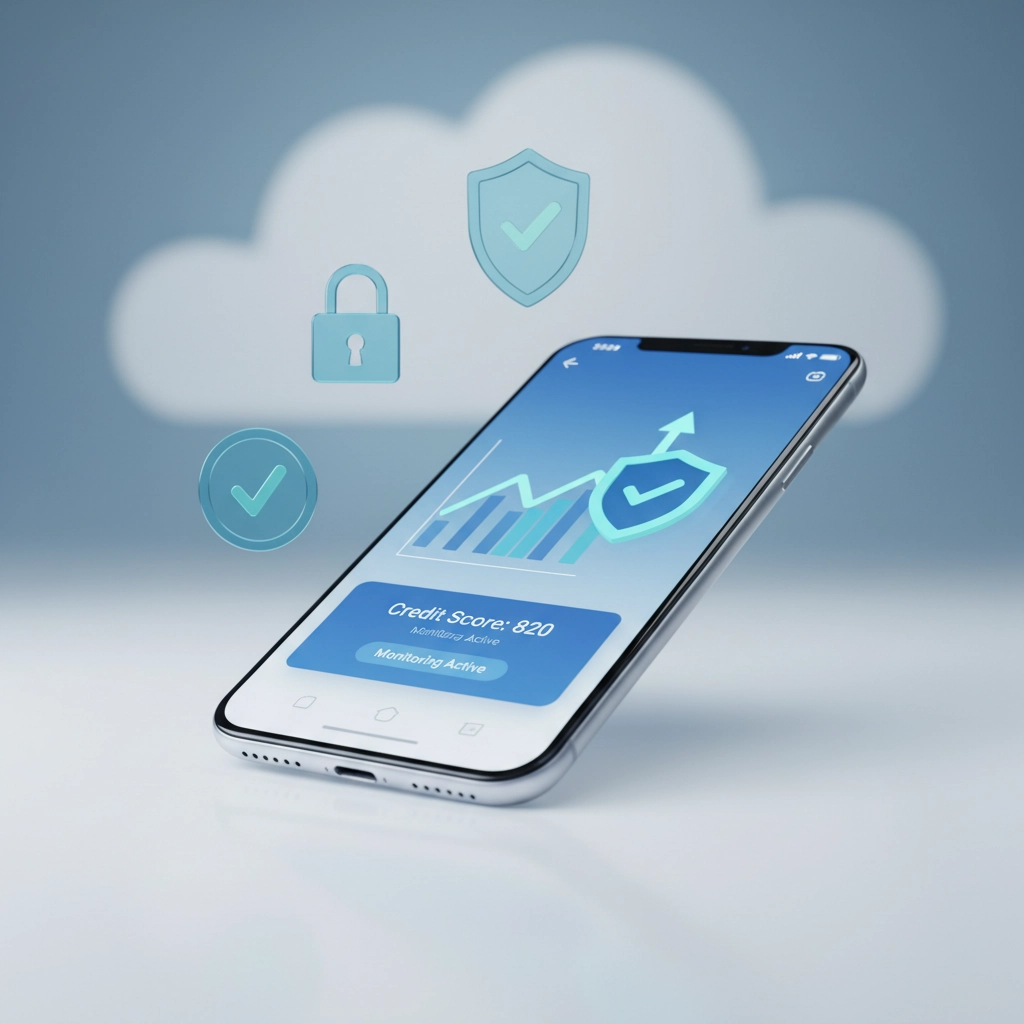Unauthorized Hard Inquiries Tanking Your Credit? Here's How to Fight Back Under FCRA

Have you ever checked your credit report only to find mysterious hard inquiries you never authorized? You're not alone, and more importantly, you're not powerless. These unauthorized credit pulls can drop your score by 5-10 points each, but here's the good news: the Fair Credit Reporting Act (FCRA) gives you serious legal ammunition to fight back and win.
Let's cut through the confusion and get those bogus inquiries off your credit report for good.
What Exactly Are Hard Inquiries (And Why Should You Care)?
Think of a hard inquiry as someone peeking at your financial report card without permission. When you apply for a credit card, auto loan, or mortgage, lenders request your credit report to evaluate your creditworthiness. This legitimate process requires your consent and creates what's called a "hard inquiry" or "hard pull."
Here's where it gets problematic: unauthorized hard inquiries happen when companies access your credit without your permission or a legal reason to do so.

Each hard inquiry can ding your credit score by 5-10 points, and multiple unauthorized pulls can seriously damage your financial standing. Even worse, they stick around on your credit report for up to two years, though FICO only considers inquiries from the past 12 months when calculating your score.
But here's what many people don't realize: you have powerful legal rights to remove these unauthorized inquiries and hold violators accountable.
Your FCRA Rights Are Stronger Than You Think
The Fair Credit Reporting Act isn't just bureaucratic paperwork: it's your financial shield. Under FCRA, you have four critical rights that put you in the driver's seat:
Right to Know: Every single inquiry must appear on your credit report with the date and company name. No exceptions, no hidden pulls.
Right to Accuracy: Credit bureaus must maintain accurate files. If they can't verify an inquiry was authorized, they're legally required to remove it.
Right to Investigation: When you dispute an inquiry, bureaus have 30 days to investigate and verify the authorization with the company that pulled your credit.
Right to Legal Action: If someone accessed your credit without permission, you can sue for damages under federal law: even without proving financial loss.
These aren't suggestions. They're your legal rights, and credit bureaus know it.
How to Spot Unauthorized Inquiries Like a Pro
Before you can fight back, you need to identify the culprits. Start by pulling your credit reports from all three major bureaus: Equifax, Experian, and TransUnion: through AnnualCreditReport.com. Don't rely on free monitoring apps; you need the official reports for serious disputes.

Scan the "Inquiries" section carefully. Look for:
- Company names you don't recognize
- Inquiries on dates when you didn't apply for credit
- Multiple inquiries from the same company without explanation
- Inquiries that predate any application you made
Pro tip: Keep a simple log of every credit application you submit. This makes unauthorized inquiries stand out like a sore thumb.
Your Step-by-Step Battle Plan
Ready to take control? Here's your actionable roadmap to removing unauthorized hard inquiries:
Step 1: Document Everything
Create a clear record of each unauthorized inquiry. Note the date, company name, and which credit report(s) it appears on. Remember, removing an inquiry from one bureau doesn't automatically remove it from the others: you'll need to dispute with each separately.
Step 2: Write Powerful Dispute Letters
Forget generic templates. Write specific, assertive letters to each credit bureau stating:
- You don't recognize the inquiry
- You demand an investigation under FCRA
- The burden of proof rests on the creditor to confirm authorization
Keep your language professional but firm. You're not asking for a favor: you're asserting your legal rights.
Step 3: Send Via Certified Mail (This is Critical)
Here's where many people make a costly mistake: they use online dispute systems. Don't do this. Online platforms often include terms of service that can waive your legal rights.
Instead, send your dispute letters via certified mail with return receipt requested. This provides undeniable proof of receipt and preserves all your legal protections.

Step 4: Track the 30-Day Clock
Credit bureaus have exactly 30 days from receipt to investigate your dispute. Mark this date on your calendar. If they miss this deadline, you have additional grounds for legal action.
Step 5: Review Results and Follow Up
If the bureau removes the inquiry, congratulations: you won! If they claim it's verified, don't give up. You can request the method of verification and challenge their investigation if it seems inadequate.
When to Escalate Your Fight
Sometimes credit bureaus drag their feet or ignore clear violations. When that happens, you have escalation options:
File a CFPB Complaint: The Consumer Financial Protection Bureau is a federal watchdog that can pressure credit bureaus to act. Their complaint database is public, which bureaus hate.
Contact a Consumer Attorney: If you're facing multiple unauthorized inquiries or bureaus refuse to investigate properly, consider legal action. Under FCRA, you may be entitled to damages, attorney fees, and court costs.
Document Damages: If unauthorized inquiries caused your credit score to drop, affecting loan approvals or interest rates, keep detailed records. This strengthens any potential legal case.
Prevention: Your Long-Term Credit Defense Strategy
While fighting unauthorized inquiries is important, preventing them is even better. Here's how to protect yourself going forward:
Monitor Regularly: Check your credit reports quarterly, not just annually. Early detection makes disputes much easier.
Consider Credit Freezes: A credit freeze prevents new inquiries without your explicit permission. It's free and highly effective against identity theft.
Set Up Fraud Alerts: These alerts require creditors to verify your identity before extending credit, adding an extra layer of protection.

Keep Application Records: Maintain a simple log of every credit application you submit, including the date and company name.
The Bottom Line: You Have More Power Than You Realize
Unauthorized hard inquiries aren't just annoying: they're violations of federal law. You don't have to accept them as the cost of having credit. With the right knowledge and approach, you can remove these inquiries and potentially hold violators accountable.
Remember, legitimate hard inquiries from applications you actually submitted generally can't be removed and will naturally fall off your report after two years. But unauthorized inquiries? Those are fair game, and you have every legal right to demand their removal.
The credit system can feel intimidating, but you're not powerless against it. Armed with FCRA knowledge and a methodical approach, you can take control of your credit report and protect your financial future.
Ready to Take Action?
Don't let unauthorized inquiries continue damaging your credit score. Every day you wait is another day these bogus inquiries are hurting your financial opportunities.
If you're feeling overwhelmed by the dispute process or facing resistance from credit bureaus, you don't have to go it alone. Professional credit repair specialists understand the intricacies of FCRA law and can navigate these disputes efficiently while you focus on your other priorities.
Visit Credit Dispute 911 to learn how expert guidance can accelerate your path to a cleaner credit report. Your financial future is too important to leave to chance( take control today.)
